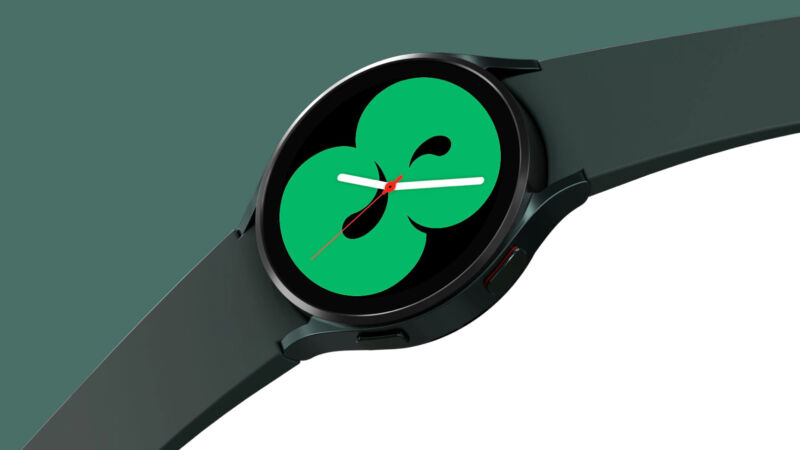Wear OS shoots up the market-share charts, now in striking distance of Apple

Counterpoint Research has a new report detailing the smartwatch market, and Wear OS is a huge winner. Just three months ago, Google and Samsung teamed up to resurrect Wear OS, with the new Wear OS 3.0 debuting on the Galaxy Watch 4. Counterpoint's latest data has the partnership down as a resounding success, with Wear OS market share rocketing from 4 percent in Q2 2022 to 17 percent in Q3 2022.
Google and Samsung's team-up was a complete reboot of both companies' smartwatch strategies. Google was floundering at the bottom of the sales charts, having seemingly lost interest in Wear OS for years. The last major OS release was Wear OS 2.0 in 2018, and that had been stagnating on the market for years. The major Wear OS tech partners from the early days, like Samsung, LG, Sony, and Motorola, had left the platform, with only fashion brands like Fossil hanging around to make watches. Qualcomm was the main SoC provider, and while Apple was revolutionizing the power you can get from a smartwatch SoC, Qualcomm wasn't really putting in a full effort and strangled the Wear OS market for years with sub-par chips.
Samsung left Google's smartwatch ecosystem after the initial release and struck out on its own with Tizen OS. Tizen is a Linux-based OS made by Samsung, built out of the ashes of other failed mobile Linux OSes, like Nokia's Maemo and MeeGo, Intel's Moblin, and Samsung's Bada and LiMo. The OS was described by one security researcher as "the worst code I've ever seen" and doesn't have a ton of third-party app support. Samsung's strength is in hardware, and unlike Qualcomm, Samsung's Exynos division has regularly been churning out flagship-class smartwatch SoCs using a modern transistor size and decent ARM CPU designs. Combining the two has meant pairing Google's OS, software, and app ecosystem with Samsung's hardware, marketing, and distribution prowess, a combination that built the Android phone juggernaut that exists today.
Read 5 remaining paragraphs | Comments
source https://arstechnica.com/?p=1815222